As his own son Jagger seeks to play at the highest level and follow in his footsteps, former Geelong player Cameron Mooney has backed the AFL’s decision to outlaw skinfolds on junior teams.
Prior to having a fantastic 210-game career with the Cats, where he won three premierships and was Geelong’s top goal scorer in 2007 and 2009, Mooney played 11 games with North Melbourne.
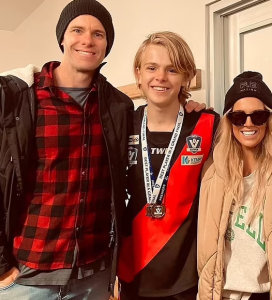
In the Coates Talent League, his son Jagger Mooney plays for the junior feeder club Geelong Falcons with the goal of one day being a father-son selection for the Cats.
Along with him are two other sons of club legends, Boston Riccardi, brother of former Cat Osca Riccardi and son of 288-game Cat Peter, and Alfie Wojcinski, son of former Cats three-time premiership star David.
That being said, according to a new directive that was circulated as a memo to all AFL teams this week, those young players will not be subject to skinfold tests until they are seniors.
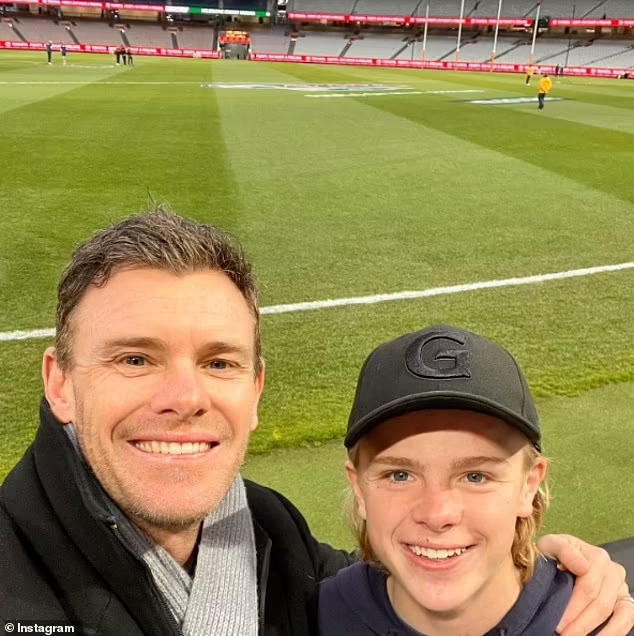
The message from Dr. Kate Hall and Grant Williams said that “Body Composition assessments (excluding height and weight) will not be conducted in any Talent Pathways programmes or on any athletes that are eligible to compete in the Pathways programmes.”
Everything hinged on your size. According to Mooney, foxsports.com.au, “you were in the ‘fat club’ if your skinfolds were 60.”
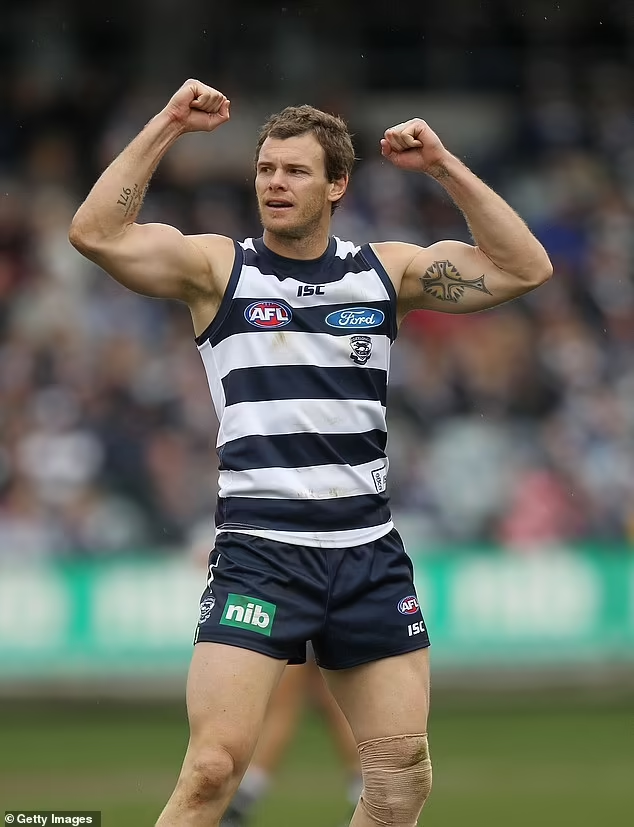
They wanted our skinfolds to be about the 50 mark when we were playing. Many players would perform admirably under that. I was always sitting about halfway between 50 and 50, more like 55.
Although it wasn’t formally labelled as the “fat club,” that’s what people always called it, so you had to attend extra sessions, which makes sense.
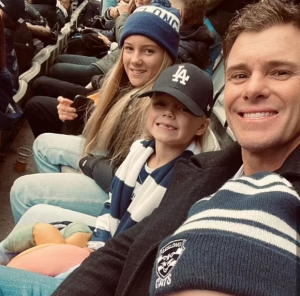
You have to put in more work if you weren’t acting as professionally as eighty to ninety percent of your teammates in this work environment.
It wasn’t really a “name and shame” scenario. However,
Mooney stated that skinfold tests were acceptable at the AFL level, but he doubted their usefulness for younger players who were already having difficulty learning about healthy eating habits and the professionalism of the game.
“I was at the top of this list, on the podium, and you have to understand that most kids have no idea what they’re doing when we talk about pre-draft,” Mooney stated.
I was unaware of it until I entered the North Melbourne club. You have to realise that as 17- or 18-year-old boys—because that’s what we are—we’re essentially just attempting to pick up new skills quickly. Mature development takes a long time.
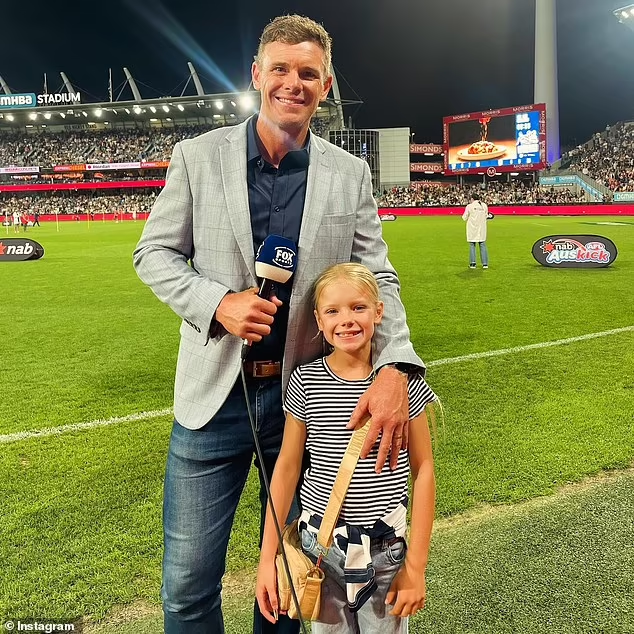
“There are a few people, most likely when I was passing through, who really knew about professionalism and diet.’
“At the age of 15, 16, my son is currently learning what it is all about while playing for the Falcons.” Thus, he continued, “they are learning about professionalism and diet earlier than ever.”

It is definitely worthwhile to become a really professional athlete at a young age in order to maximise your potential. “If you are a young kid today and you want to get drafted, I can guarantee you it is the best life you will live and the greatest experience of your 20s and hopefully early 30s that you’ll ever have,” the speaker said.
Leave a Reply